Before coming to Ecuador it’s hard to find up-to-date information on the new visa requirements. Even people who live here struggle to get clear on what might be required for them to continue their stay in Ecuador. Here at Gringo Tree we are always trying to keep our readers as informed as possible. Read on to hear about the updated rules and requirements for Ecuador’s tourist and residential visa’s from Maite Duran at Gringo Visas.
Ecuador Visa Requirements
Tourism:
Article 56 – Tourists. Tourists are defined as all people who come to Ecuador with the intention of carrying out tourist activities and who are prohibited from carrying out work activities.
Every person, from any country, with some exceptions, (Afghanistan, Bangladesh, Eritrea, Ethiopia, Kenya, Nepal, Nigeria, Pakistan, Somalia, Senegal and Cuba, who require a previous registration), can enter Ecuador as tourists for up to 90 days without having to request any visa. This length of stay for tourists will be counted in the period of one year from first entry to Ecuador.
NOTE: As of now, no public or private health insurance is required for the first 90 days as a tourist. This is subject to future change.
Tourism Extension
If a tourist want to extend their stay in Ecuador, they can apply for a “Tourist Visa” which is obtainable one time for up to ninety additional days upon request and payment of the respective fee.
If you are interested in extending your stay for a maximum term of up to one year as a tourist, you must ask the Human Mobility Authority for a “Special Tourist Visa”. In order to obtain this visa, you must prove the legal means of subsistence that allow you to stay in the country and pay the corresponding fee. This visa can be requested once every five years.
Have in mind that with any of these tourism permissions or visas, you will not be able to carry out work activities.
Additionally, any person entering the country as a tourist must have public or private health insurance for the duration of their stay in Ecuador.
Residency:
Article 59. – The new law distinguishes two categories of residency: temporary or permanent residence in Ecuador.
Temporary Residency
Temporary residence authorizes the stay of two years in the Ecuadorian territory, subject to renewal one time.
In order to apply for this migration status, there are thirteen categories. Considering our clients’ interests, the most relevant are the following:
– Pensioner: has their own legal resources which come from revenues from an external or Ecuadorian source.
– Retired: who receives a retirement pension from abroad whose amount allows him to cover the expenses for his stay.
– Investor: who has assets and economic resources of legal origin to carry out productive or commercial activities in Ecuador.
– Professional (technician, technologist or craftsman): who enters the country to practice a profession or technical, technological or craft activity. For that purpose, the professional degree has to be registered by SENESCYT (official education agency).
– Persons covered by the holder of the migratory category: children and spouse or couple in civil union registered in Ecuador of the holder of this immigration category.
[color-box color=”green”]If you are within one of these categories, you must fulfill the following general requirements:
1. Official documentation selecting the resident category for which you want to apply.
2. Valid passport
3. Background check report from your home country or the country you have lived in for the last 5 years.
4. Not to be considered as a threat or risk to internal security
5. To verify the legitimate income that allows the subsistence of the applicant and his dependent family unit.
6. Payment of the fee set by the authority of human mobility.
7. Submit the temporary residence application form.[/color-box]
Once the temporary residence is granted, the person must be affiliated with the social security system or with a private health insurance company.
Permanent Residency
This is the immigration status that authorizes staying in the national territory indefinitely.
In order to obtain this status, you have to meet at least one of the following conditions:
– Fulfill at least 21 months as a temporary resident and submit the corresponding application prior to the expiration of the migratory status.
– Have entered into marriage or maintain legally recognized civil union with an Ecuadorian person.
– Be a foreigner minor or disabled person who depends on an Ecuadorian person or on a foreigner that has permanent residence.
– Be a relative within the second degree of consanguinity or affinity of an Ecuadorian citizen or a foreign citizen with permanent residence in Ecuador.
[color-box color=”green”]If you fulfill one of these conditions, you must accomplish the following requirements:
1. To accredit one of the conditions established in this Law for permanent residence.
2. Valid passport
3. Backgrounds check report from Ecuadorian Police Department in the case that you have been a temporary resident for two years in Ecuador. In the case that you have not been a temporary resident (as in conditions 2, 3 and 4), you must obtain backgrounds check report from your home country or the country you have lived in for the last 5 years.
4. Not to be considered as a threat or risk to internal security.
5. To verify the legitimate income that allows the subsistence of the applicant and his or her dependent family unit. (It means, to prove that the person is still receiving the pension, salary, revenues or assets he/she was receiving at the time of the Temporary Residence request). In the case of persons applying for conditions 2, 3 and 4 of the article concerning permanent residence, the person by whom they are covered for their application for residence must prove the livelihoods necessary for their subsistence.
6. Payment of the fee set by the authority of human mobility.
Once the permanent residence is granted, the person must be affiliated with the social security system or with a private health insurance company.[/color-box]
Continuity Of Residency
The temporary resident may be absent from the country for a maximum period of ninety days for each year, within the period of validity of his residence. In case of non-compliance, the person shall pay a fine equivalent to three Ecuadorian basic monthly salaries ($1,125 in total as of January 1, 2017).
The permanent resident may be absent and return to the country but may not remain abroad more than 180 days in each year, counted from the date of obtaining the immigration status, during the first two years. In case of non-compliance, if the person remains abroad for more than 180 days in one of the years, the person shall pay a fine equivalent to four Ecuadorian basic salaries ($1,500 in total as of January 1, 2017). In the case that the person who was already fined would exceed the time limit again, he or she will lose residency status.
The permanent resident, after the first two years, may be absent from the country for up to five years. If this time limit is exceeded, he or she will lose residency.
Additional Notes
* The President of the Republic shall issue the regulations of this Law in 120 days (counted from February 6, 2017). Until the Regulations of this Law are issued, no institution shall suspend its services.
The authority for human mobility, immigration control and other public entities related to human mobility will have a period of 90 days from the enforcement of the regulation of this law to issue secondary regulations to ensure effective compliance with the rules in this act. However, these entities could take more than the established time in the law in order to make such transition.
** All visas obtained before the enforcement of the regulation of this law shall remain the same.
*** Every visa application process started before the enforcement of the regulation of this law shall be exempt of the new regulations.
FINAL NOTE: Everyone’s individual’s situation is different. Each may be affected differently by the changes in the new Migration Law
Was there something we missed? Have any more questions about the new Visa rules and requirements? Be sure to let us know in the comments section below.






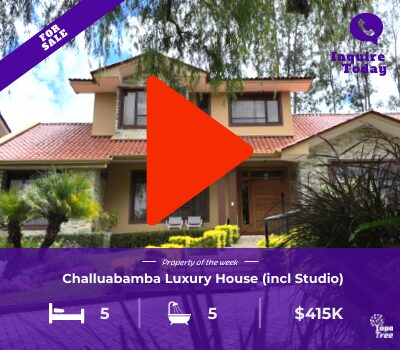





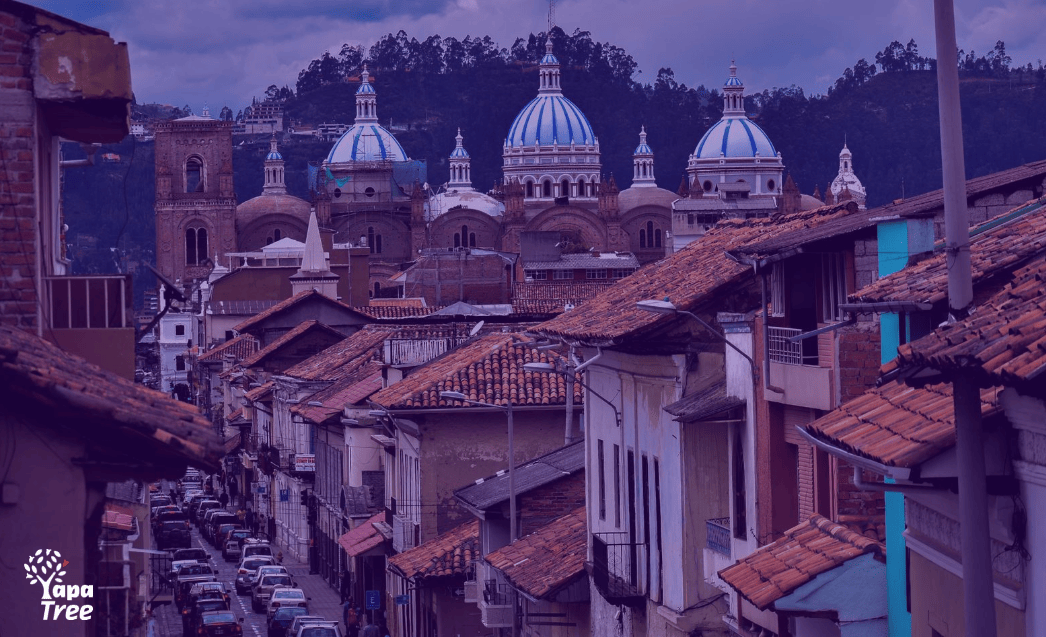
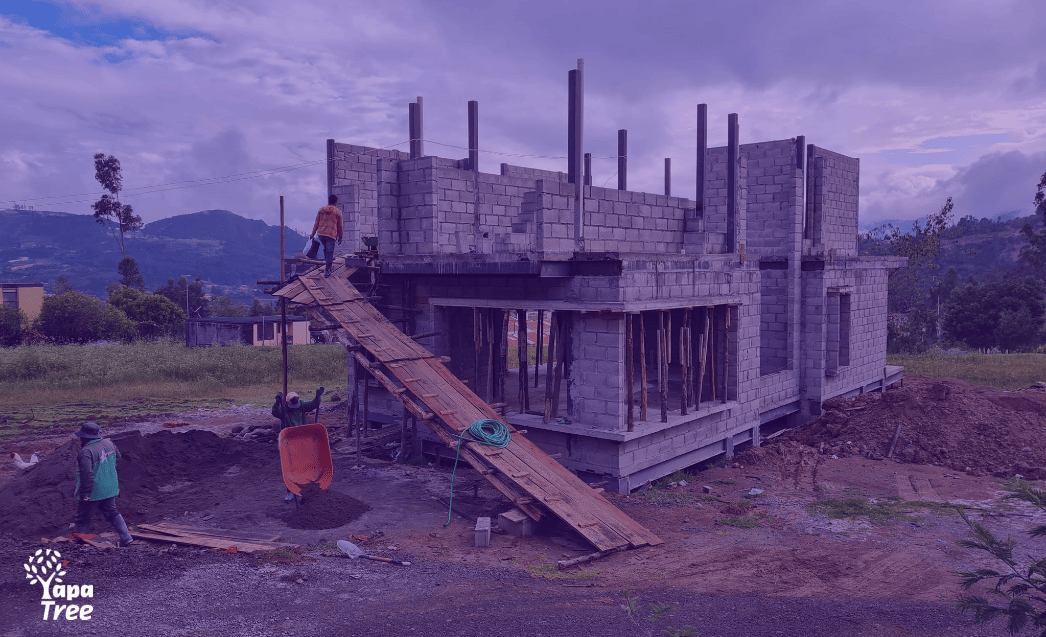

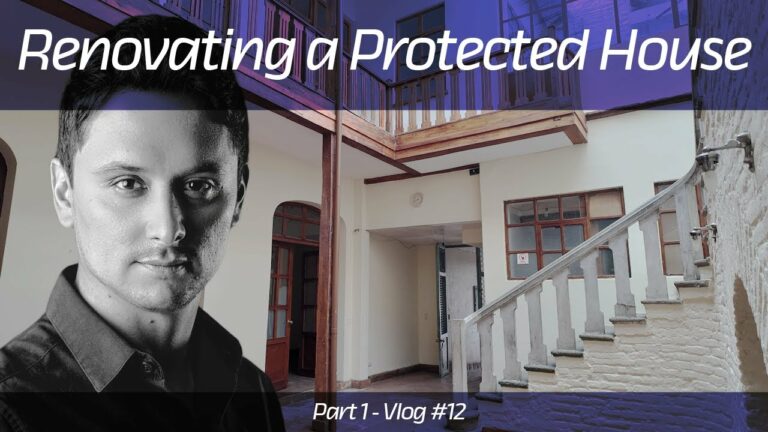

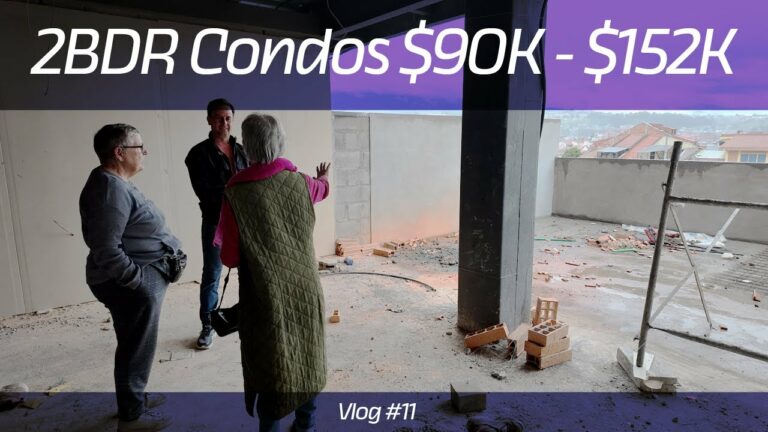

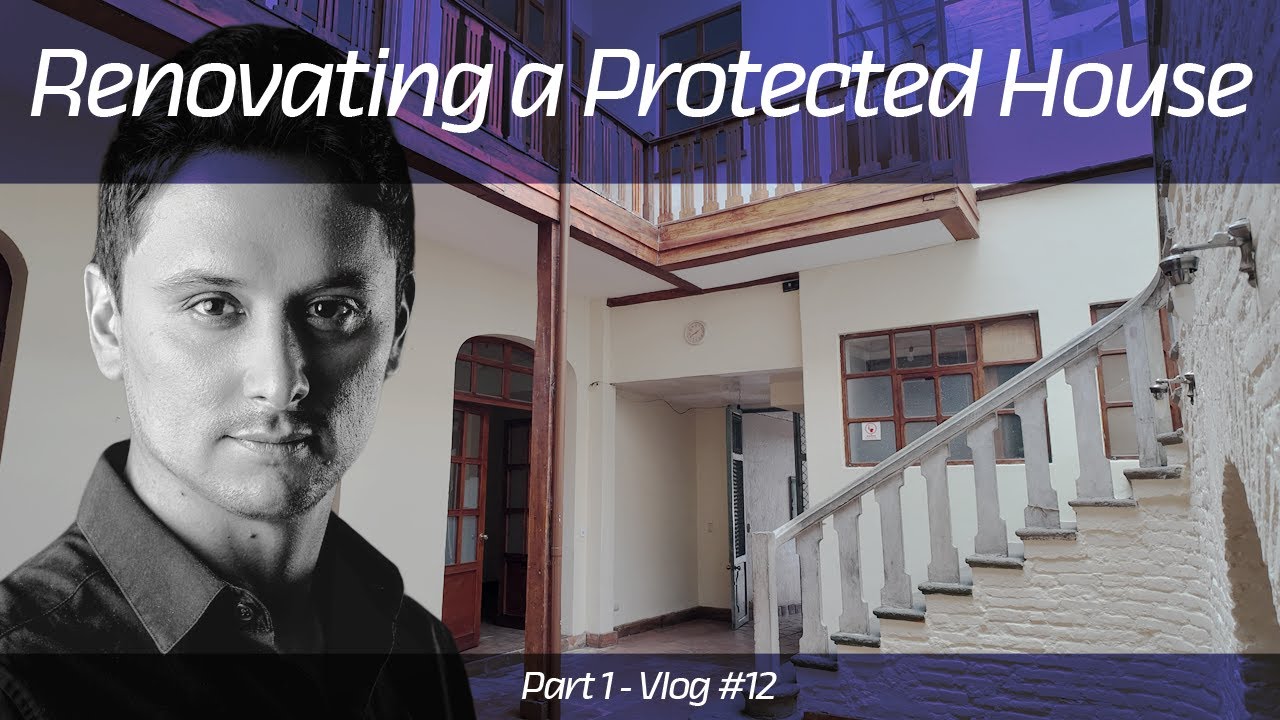

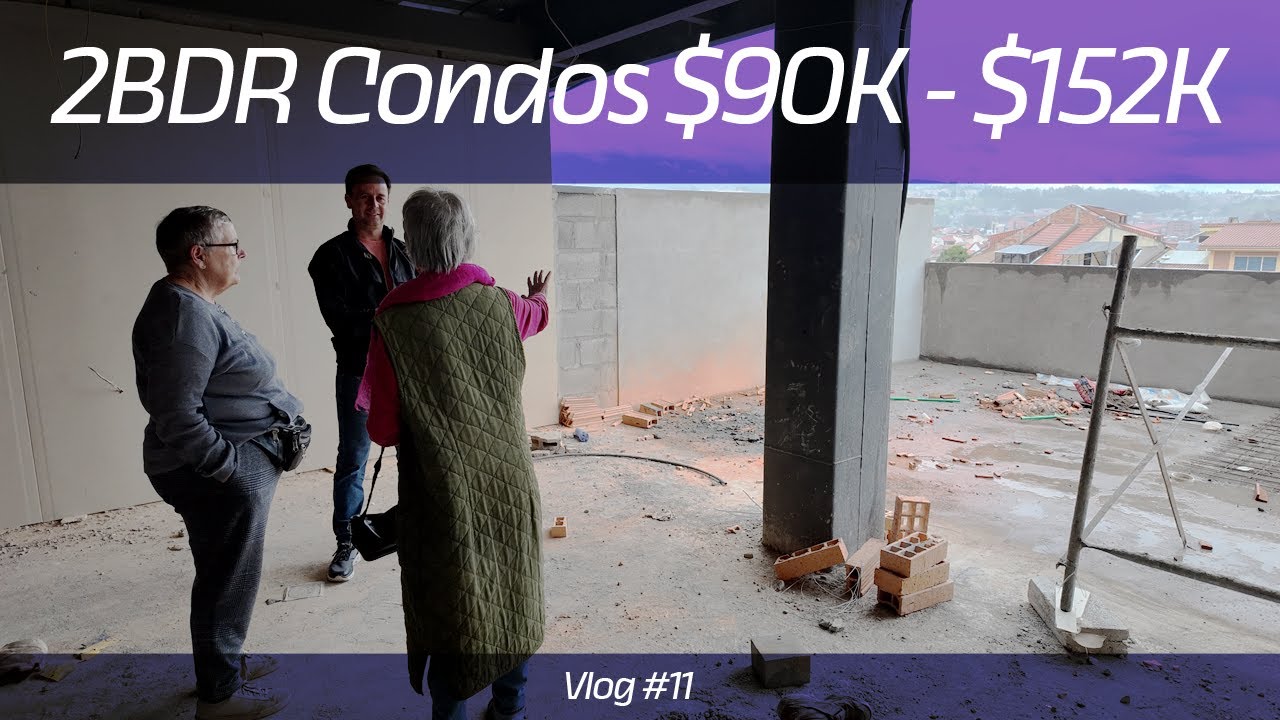
24 Responses
I was told at the immigration office on March 16th that I cannot leave the country for 21 months or I will have to redo all of my paper work. What say you?
I have lived as a permanent resident in Cuenca for 4+ years. Under the new law, will I now be required to obtain health insurance? Thanks.
“All visas obtained before the enforcement of the regulation of this law shall remain the same.”
This note is a bit vague. Before this regulation there were no temporary Residency visas. They were all or at least most of the folks I know claim that the visa stamp says “INDEFINIDO” as does mine. So there are two kinds of residents at this time: those who have completed their two years of residency according to the OLD rules and those who have not. The article could have clarified the status for the former group if they are now permanent. I know a lot of people, including myself, who are in that category.
I just read in another publication that I will have to pay 20% of my social security income for medical insurance since I am over 65. My wife retires in a year and we were thinking of retiring in Cuenca, but can’t afford that high of medical insurance. Is that information correct? Thank you kindly.
“I just read in another publication that I will have to pay 20%” – What you read was gossip/rumor, what someone “heard”. It’s garbage, I saw it too.
I am seeing reports that a retired expat on SSI must pay 17.6% of that income each month to satisfy the monthly IESS healthcare requirement. For me that’s $246/month. I AM OUTTA HERE! I pay less than that in the U.S. for Medicare Part A & B and Supplemental insurance. What a stupid law!
`I heard that too.I do not think I gave up the idea to move to Ecuador.
You can get Salud S.A or Ecuasanitas private healthcare from 70.00 a month to 120.00 depending on how many members you have in your family. Salud S.A is 170.00 a month but, has great care. It helps to know Spanish to live in Ecuador. If you know the language you should be able to navigate signing up for the private healthcare service.
Seems to me there’s a natural process of muddling and fine-tuning of new laws like these. The really awkward part, that Khan addresses, is what is up with those who have (for example), the current “indefinido” visas. The law seems to want to cover them with just the footnote he reproduces.
I’m going to guess that those people will be covered under the terms of their prior visa, indefinido being viewed as permanent residency for pensioners, etc, in return for that $500 in many cases. That would be the most generous and optimistic reading, but also appears the easiest way to read the intention and pragmatic implementation of the new laws. Having said that, requiring health insurance or SS enrollment would also be a practical requirement for those with visas going forward.
My name is Ryan
I’m going to be moving outside of Puyo to help a garden with volunteer work. I plan on staying long term I’ve read a lo. Can I get a job after my volunteer work with a regular passport
This is for Ryan above: can you tell me a little about the garden you went to? I am looking for something like that and it sounds great, especially volunteering for something so woethwhile. If you vam tell me any information or leave me a link that would be most appreciated!
My 9V professional visa was accepted in late January and is still in process. In regards to being exempt from the new regulations, will it still be processed as residente permente (under the old law) or residente temporal (the new law)?
Thank you for the excellent article, Maite. Do you know if the change in residency laws will have any implications for citizenship applications for those of us who have been lawful residents for several years?
Thanks for this update. I am applying for a Professional Visa and am trying to sort out if I need to have proof of income for that. In your article above, you note, ” To verify the legitimate income that allows the subsistence of the applicant and his dependent family unit.” as a requirement for all Visas. If this is correct, what is that amount?
Any idea when these new laws will be effective? I am arriving in Ecuador at the end of May
It has been my recent experience that Ecuador and other government officials are shying away from the interpretation of these new laws. They don’t want to commit, or be responsible for what they tell you. They just refer you to the law itself and tell you to read it. This is not a good thing for those thinking about coming to Ecuador. Ask 3 different government officials about a specific law or requirement, and I guarantee you will get 3 different answers.
Another thing that made me to change my mind is the Birth Certificate. I have to go through 3 different countries to get my B.C. while my American passport already has my place of birth .I hope one day Ecuadorian authorities pay attention to this. I like Ecuador and I am fluent in Spanish yet I see that at this age I have to go through a lot of headache to get visa.I got my residency visa from Thailand in less than a month with a lot less paper work , the only reason that I am thinking in moving to Latin country is that first they are closer to USA where all my family are secondly I have no problem with language and culture .But I think I have to give up on Ecuador.
If you come as a tourist to Ecuador you must have either public or private health insurance? Is this true? Does this mean that you must have some kind of travel insurance when you come or can you buy a temporary policy in the country? I suppose Medicare would not be acceptable there.
What is the amount of proof income for the professional visa?
And from where i have to bring it? (FROM my country or from Ecuador )?
As i understand, if someone want stay more than 90 days, you have to apply 12-IX visa. but it seems Ecuador eliminated 12-IX visa. so which visa i can apply to stay another month?
I came to Ecuador on 18/09/2017 on regular 90 tourist visa. I then was issued a 90 day tourist visa on 25/10/2017 so that I could get married in Guayaquil to a Ecuadorian woman. That visa will expire in January. I know I can apply for a permanent visa now, but would prefer to get all those documents together while back in the states this coming summer. What are my options to stay here until April as originally planned. Did I loose my original 90 days or can I leave the country and get the remainder of those 90 back? Or do I need to apply for the 180 tourist visa extension?
Hey.
I visited Ecuador as a tourist earlier this year and then left for Perú. Can I return to Ecuador and get another short term tourist visa?
Thanks in advance for your help
Ash
What happens if i stay more than 3 months without no residency? Will i get deported? My parents are born here but i was born in the U.S. what will happen to me?
My wife and I arrived to live in Cuenca on July 19, 2018. I was born in Quito on Dec 24, 1945, and became a naturalized U.S. Citizen in 1960. Upon our arrival here, I proceeded to apply for a received my Cedula as an Ecuadorian Ciudadano. My birth certificates from Pichincha Province and the State of Ecuador, were entered into the database so that my Cedula could be issued. My question is what do I need to do with my original Tourist Visa stamped into my U.S. passport due my now dual status? Do I need to bring my U.S. Passport to Imigracion or will it be an automatic expiration without issues?